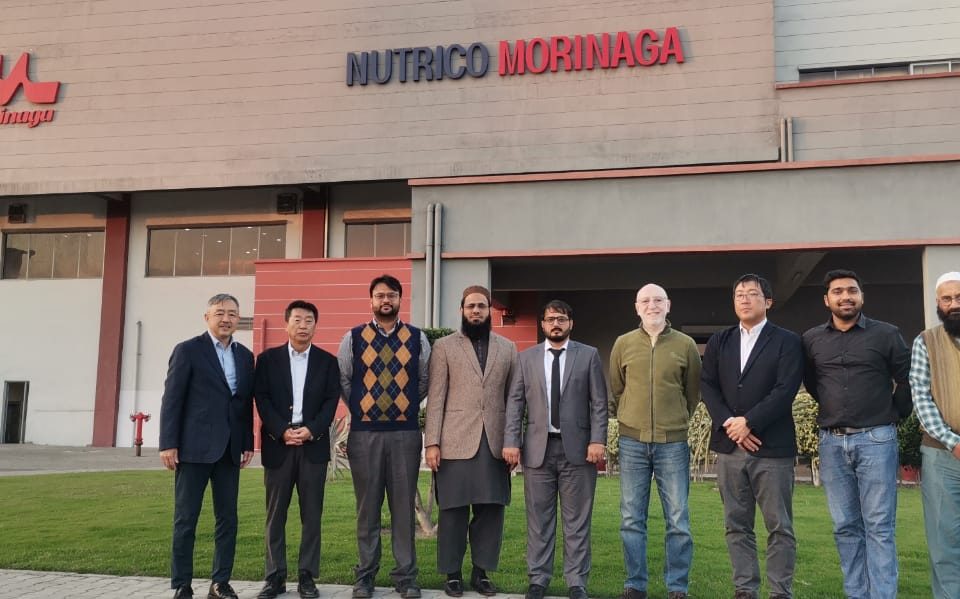Halal Certification in Pakistan

Presentation by Dr Javaid Aziz Awan, Regarding halal awareness
March 1, 2022
Halal Certification Requirements in Pakistan
September 1, 2022Halal Certification in Pakistan
In recent years, there has been a growing trend in the food industry toward the adoption of Halal certification. Every day and night, the demand for food that is prepared in accordance with Islamic dietary laws and makes use of chicken, lamb, and cattle is growing at an alarming pace due to the fact that an increasing number of people throughout the globe are adopting the religion of Islam.
In the Islamic Republic of Pakistan, the Pakistan Halal Authority (PHA) was established as a result of an act of parliament passed in 2016 with the number VIII, and its primary mission is to promote commercial activity using halal products and methods. PHA is in responsibility of confirming the Halal Status of all products, processes, and services on the local market, as well as those that are imported or exported, and it does so regularly. This includes both those that are produced locally and those that are imported and exported.
As changes occur in the patterns of global trade and new patterns of commerce and manufacturing arise, the Halal Market is being seen as a new paradigm for business. It has developed into a significant commercial sector that caters to the needs and preferences of the estimated 1.6 billion Muslims living around the globe. Products, procedures, and services guaranteed to comply with all relevant laws, rules, and policies from throughout the globe are referred to as halal.
A third party checks the products, processes, and systems used across the supply chain to ensure that they adhere to the established Halal Standards. A “Systematic Approach” that is compliant with the rules set out by the Islamic Council is used during the Halal Certification process in order to guarantee the features and quality of the product.
A claim that a product is “Halal Certified” indicates that it has been given the seal of approval by an Islamic organisation (Third-party certification). The verification of the ingredients, the completion of an inspection or audit, and the receipt of permission from a committee are some of the numerous steps that are often required for halal certification. Additionally, it is feasible to get cosmetics and medicines that have been granted the Halal certification. These items are often manufactured using by-products derived from animals.
- Alcohol is present in fragrances.
- Pig fat is a common ingredient in lip balms and lipsticks.
- The majority of cosmetics include animal by-products, including those derived from cows, goats, pigs, chickens, and turkeys, amongst others.
According to Grand View Research’s projections, the value of the global Halal cosmetics sector would more than double from its current level of 16.32 billion USD in 2015 to 52.02 billion USD by the year 2025.
The process of Halal certification
According to Islamic teachings, all consumable goods should be produced, processed, packed, delivered, and stored. To meet Islamic dietary standards, meals must be free of alcohol, pork, and other intoxicating substances. Professional food inspectors strictly follow to food safety and hygiene practises, as required by Islamic law.
01- Apllication
A formal application to one of the certifying authorities is required to get Halal Certification. At this early stage, the industry must consider and satisfy Halal Certification standards.
02- Audit
Auditors will investigate the business after checking the facts supplied in the application. The Halal Certification Auditors must assess if the following items are acceptable.
- Documentation.
- Product and service distribution
- This area includes all elements of product display and service.
- Food safety, hygiene, and cleanliness are all important considerations.
- General structural characteristics
- Inventions, devices, and trade tools
- Merchandise preparation and labelling
03- Certification
To ensure that all auditors’ documentation and reports are complete, a Technical Committee will evaluate them. The Halal Certification organisation gives a Halal Certificate if the audit report is acceptable and the firm or product meets the Halal certification standards.





